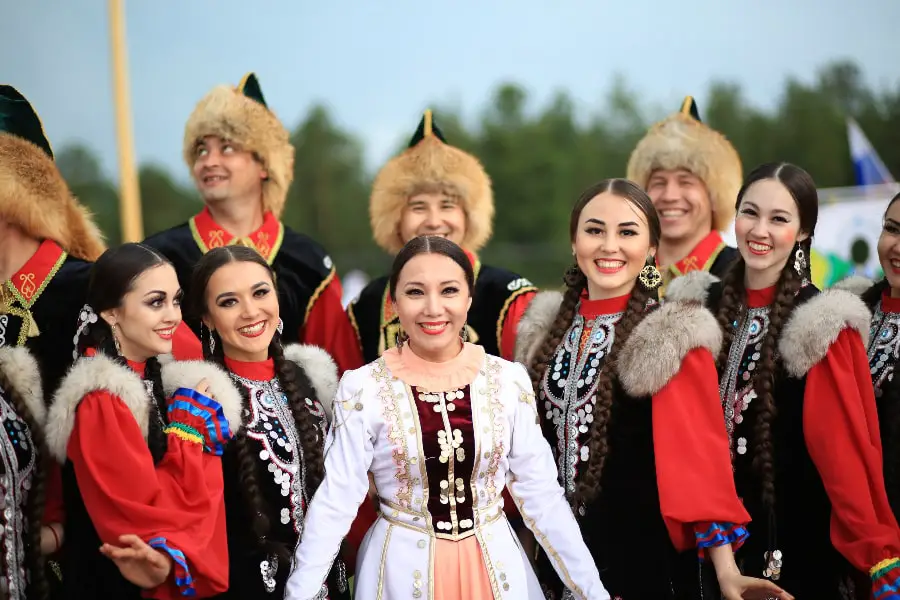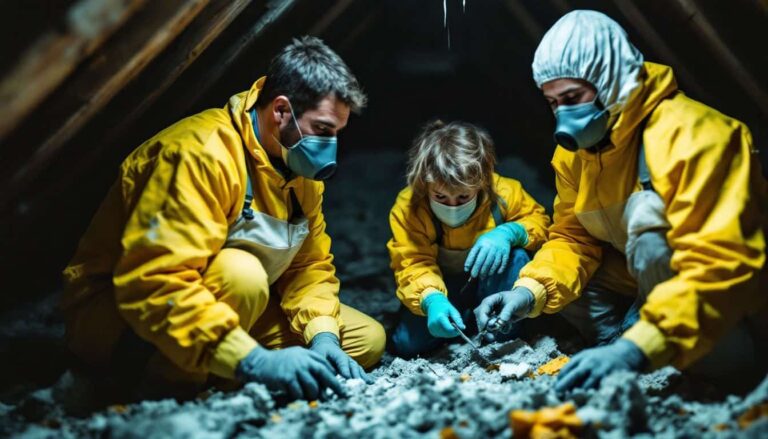
Russian traditions profoundly impact life, shaping everything from social interactions to holiday celebrations. The country’s rich cultural heritage, spanning centuries, plays a significant role in modern society. These traditions reflect the country’s diverse influences, including Orthodox Christianity, folk customs, and the legacy of imperial Russia.
In Russian culture, family ties are solid, with extended families often living together or maintaining close relationships. This emphasis on family extends to social interactions, where friendships are deeply valued and nurtured.
Hospitality and gatherings
Russian hospitality is legendary, with homes always open to guests. Sharing meals is a cornerstone of social life; traditional dishes are crucial in these gatherings. From hearty soups like borscht to savoury pelmeni dumplings, food is a way to express warmth and welcome. More Bonuses of this tradition include strengthening community bonds and preserving culinary heritage.

Holidays and celebrations
Russian life is punctuated by numerous holidays and celebrations, many of which have roots in ancient traditions. The New Year celebration, for instance, combines Soviet-era customs with older Slavic practices. Orthodox Christmas, celebrated on January 7th, remains an important religious and cultural event for many Russians.
Art and literature
The influence of Russian artistic traditions on daily life cannot be overstated. Literature, in particular, holds a revered place in Russian culture. Many Russians can recite poetry from memory and quote classic authors in everyday conversation. This deep appreciation for the arts enriches daily discourse and personal reflection.
Superstitions and folk beliefs
Despite modernization, many Russians still observe traditional superstitions and folk beliefs daily. From avoiding whistling indoors to sitting for a moment before a journey, these practices add a layer of mystique to everyday activities and link to ancestral wisdom.
Bathhouse culture
The Russian banya, or bathhouse, remains integral to traditional life. Regular visits to the banya are not just about cleanliness but also serve as a social activity and are believed to have health benefits. This centuries-old practice continues to be a cherished ritual for many Russians.
Tea drinking customs
The tradition of tea drinking in Russia goes beyond mere refreshment. It’s a social ritual that brings people together, often involving long conversations over multiple cups of tea. The samovar, a traditional tea urn, symbolizes this custom and is still used in many households.
Traditional crafts
Many Russians continue to practice and appreciate traditional crafts such as wood carving, embroidery, and lacquer miniature painting. These skills are often passed down through generations, preserving cultural heritage and providing a connection to the past in everyday life.
Language and communication
The Russian language itself carries many traditional elements that influence daily communication. Proverbs, sayings, and idiomatic expressions rooted in folklore and history are commonly used, adding depth and cultural context to everyday conversations.
Respect for elders
A strong tradition of respecting elders persists in Russian society. This influences daily interactions, with younger people expected to defy older individuals in various settings, from public transportation to family gatherings.
Many Russian traditions are tied to the changing seasons, influencing daily life throughout the year. From the spring tradition of planting gardens to the winter custom of ice swimming, these practices connect people to nature and the cyclical rhythms of life.





